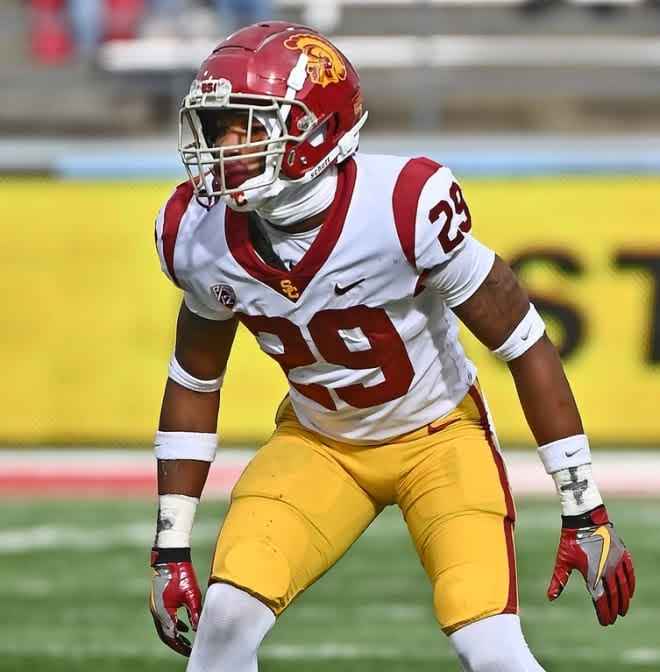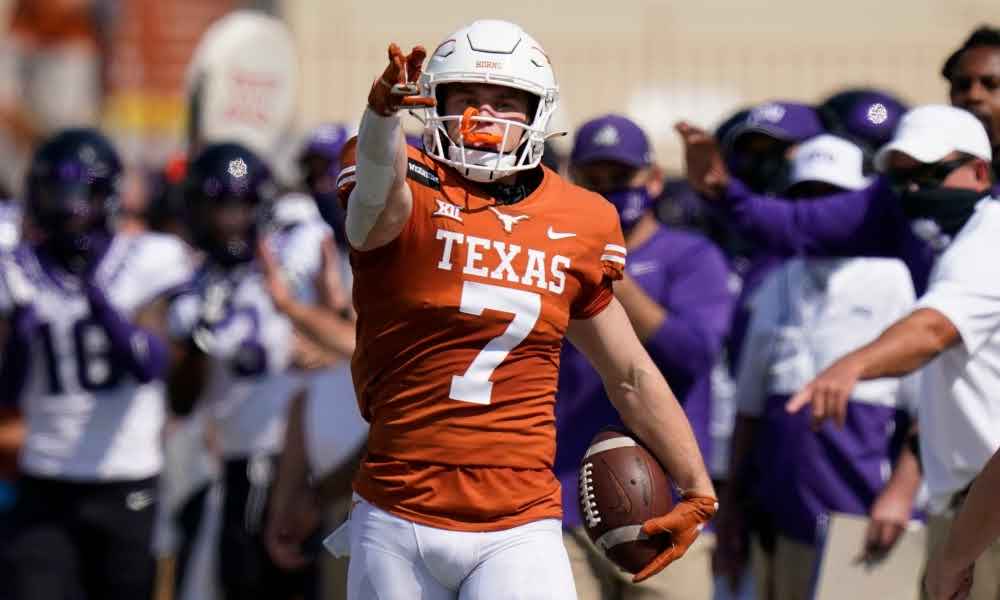
After their second transfer, college athletes who were refused the opportunity to participate can now play again.
CHARLESTON (AP) — After the NCAA was given a 14-day temporary restraining order on Wednesday, college athletes who were not allowed to play right away after transferring a second time can now compete again.

The ruling prohibiting the NCAA from implementing the transfer regulation was issued by U.S. District Judge John Preston Bailey in northern West Virginia. West Virginia and six other states filed a lawsuit alleging that the waiver procedure for the rule violated federal antitrust law. Athletes are free to compete during the two-week window thanks to the directive, which also guarantees that institutions won’t be penalized for permitting it.
The NCAA said in a statement it would comply with the order and notify schools.
The decision was made during the football transfer window, giving players who had already transferred the chance to re-enter the site and be eligible to play the following season if they used their so-called one-time exception.
The restraining order hearing is set for December 27.
Under NCAA rules, freshmen can transfer once without losing a year of eligibility. However, in most cases, the NCAA must provide a waiver enabling the athlete to participate right away in order for them to make another transfer as an undergraduate. The athlete would have to miss a year of study at the new institution without it.

The NCAA tightened its rules in January of last year for awarding those waivers on an individual basis.
Bailey stated that the plaintiffs “have a strong likelihood of success” and that the transfer restriction “is the exact kind of unreasonable restraint of trade within labor markets that the relevant antitrust laws prohibit.”
The states who filed the request for the restraining order were West Virginia, North Carolina, Ohio, Colorado, Illinois, New York, and North Carolina.
Whether any of the impacted players would attempt to participate during the 14-day window was not immediately apparent.
Arizona State men’s basketball player Adam Miller transferred from LSU last offseason after previously playing at Illinois. He has not been able to play this season, and his waiver was recently denied by the NCAA.
ASU has two games during the window: Saturday against TCU and Dec. 20 versus Northwestern.

Sun Devil football players Xavion Alford and Jake Smith missed a full season due to the second transfer rule.
West Virginia basketball player RaeQuan Battle transferred this season from Montana State after previously playing at Washington and has been sitting out.
“I’m in the gym every single day with the team, with the blood, sweat and tears with them,” Battle told the court Wednesday. “When the ball is thrown up and that tipoff starts, I’m not suited up. That’s what hurts me the most.”





